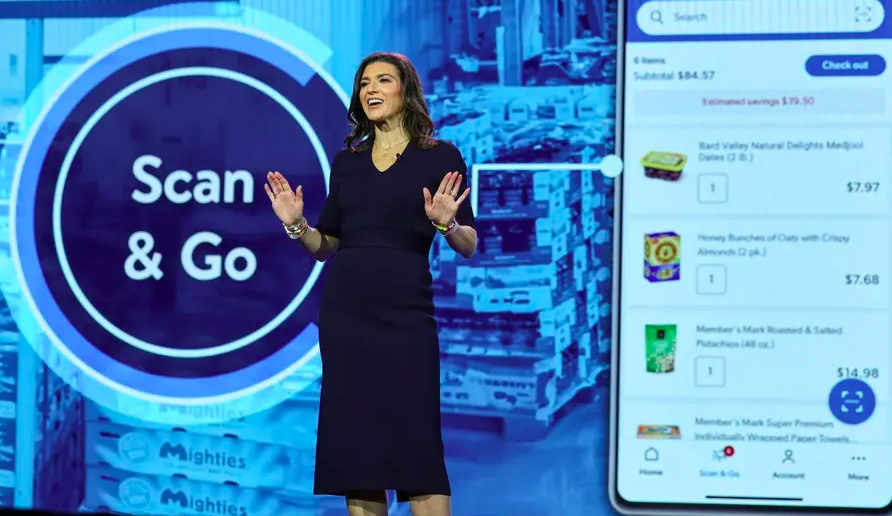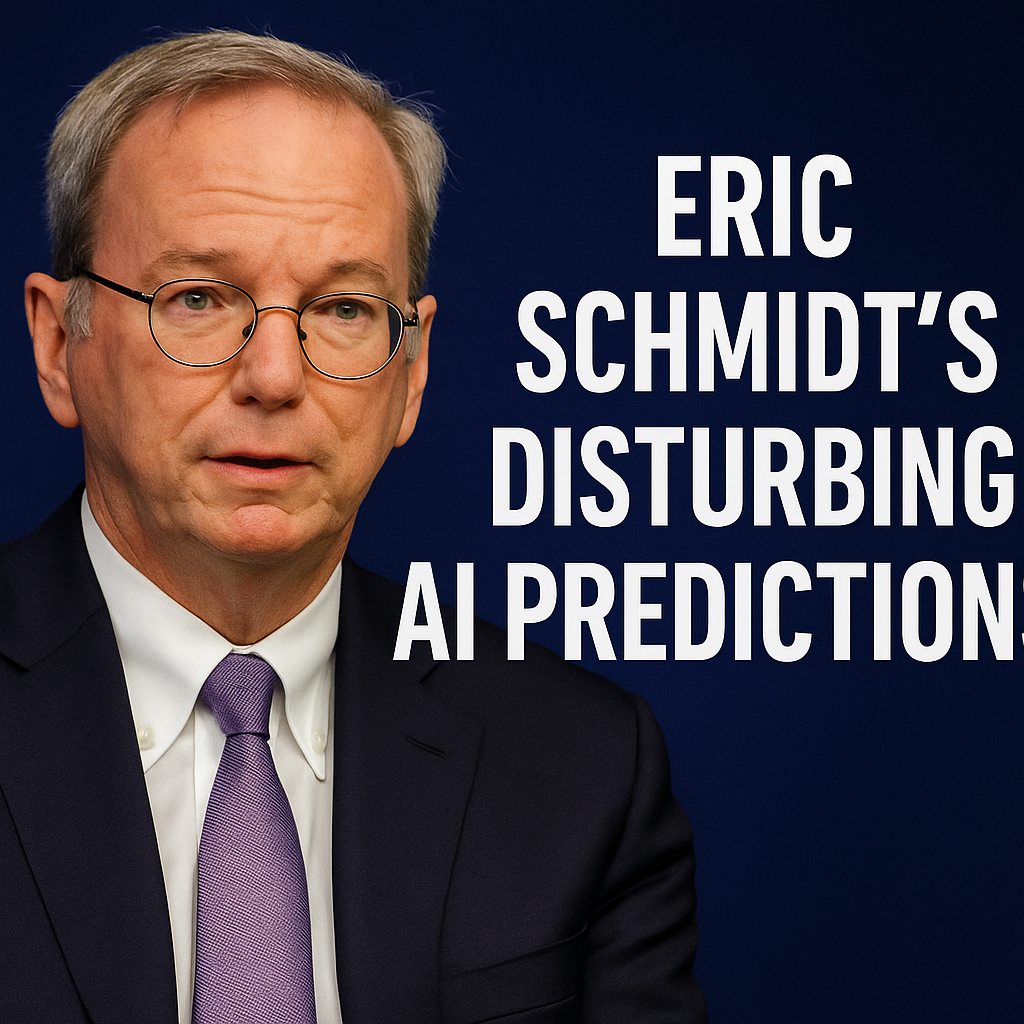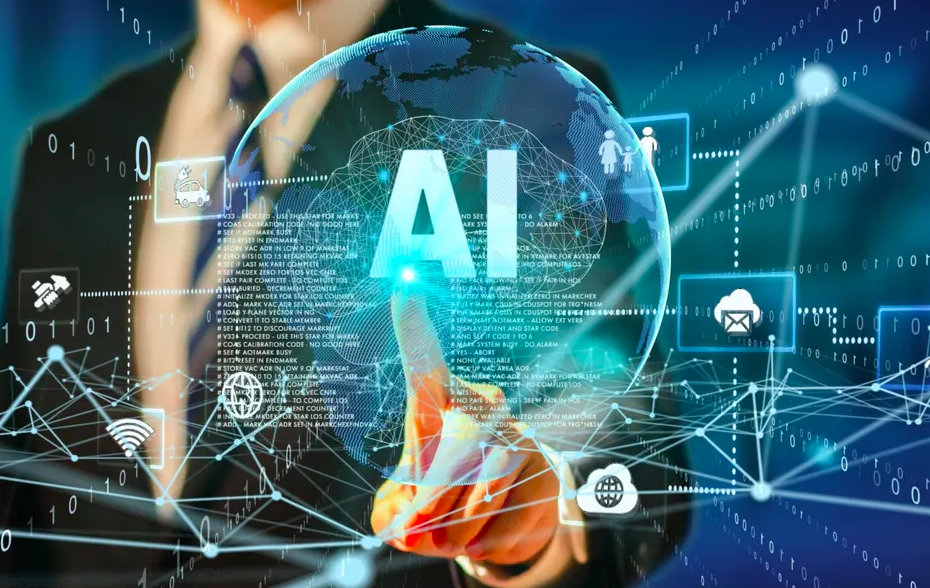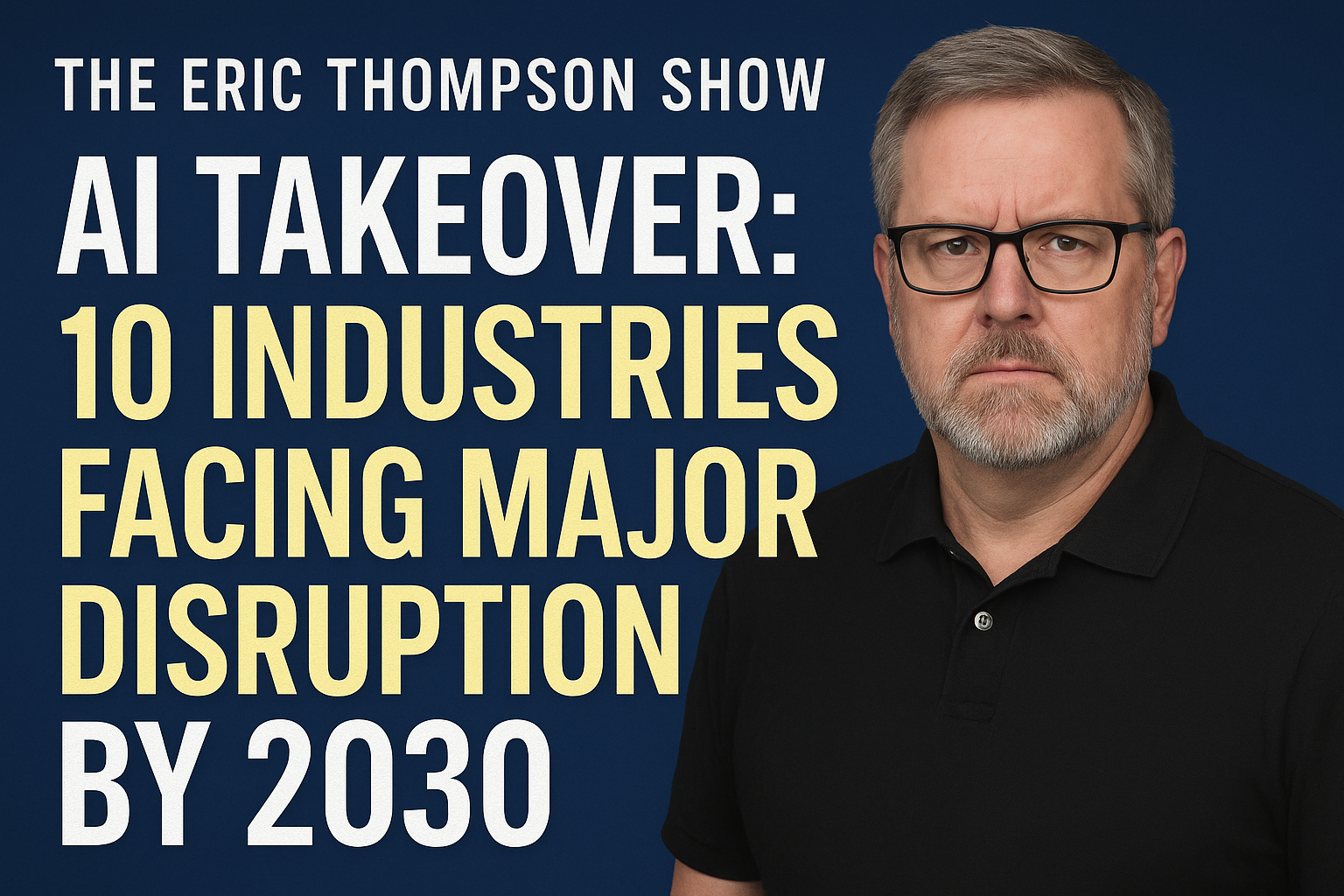Sam’s Club Ditches Traditional Checkouts, Embraces AI Shopping
Sam’s Club is accelerating its digital transformation by eliminating traditional checkout lanes in favor of an artificial intelligence-powered shopping system, marking a bold shift toward what it calls a “frictionless” retail experience.
The Walmart-owned membership warehouse club is betting on AI to handle the task of verifying receipts, ending the familiar sight of employees scanning customers’ carts at the door.
After a successful test run in its Texas headquarters, the wholesale grocer will begin to eliminate both cashier-run checkouts and self-checkout kiosks.
The change is already underway in more than 120 Sam’s Club locations, where the company has integrated AI technology to verify purchases through overhead cameras. Sam’s Club announced it intends to expand this tech to all 600 of its stores.
According to the company, the process works in conjunction with the retailer’s “Scan & Go” feature on its mobile app. Members scan items as they shop, and the AI-powered exit system uses computer vision and digital receipts to confirm the purchase without the need for human verification. As a result, the company says, members can “simply walk out” without stopping.
Sam’s Club CEO Chris Nicholas highlighted the speed and efficiency of the new technology during a demo at CES 2024, explaining that it allows for a faster exit and a better customer experience. “We’re making it easier, faster and more convenient for our members to shop,” he said.
While executives at Sam’s Club frame the change as innovation, many conservative observers see the development as a sign of corporate America’s increasing push to automate labor at the expense of real workers. The shift eliminates a layer of personal interaction and raises concerns about the future of frontline retail jobs. Critics note the change benefits big-box corporations while reducing employment opportunities—especially for those relying on entry-level positions.
This rollout also aligns with broader trends in corporate retail, where companies are racing to implement AI under the guise of convenience, often at the cost of customer service and job security. Walmart and Amazon have been experimenting with similar technology, but Sam’s Club now becomes one of the first major chains to commit to a full-scale implementation.
From a conservative perspective, the move is viewed with caution. While technological advancements are not inherently negative, many Americans remain skeptical when innovation is used to displace hardworking individuals rather than enhance productivity alongside human employees. For many families and communities, these retail jobs represent stable employment and a stepping stone toward financial independence.
Sam’s Club has not disclosed how many positions will be affected by the removal of door checkers, but the direction is clear: fewer human workers and more automation. The company insists that displaced employees are being “redeployed” to other roles, but there is little detail on what those jobs are or how long they’ll last in an increasingly automated environment.
Shoppers have voiced mixed reactions. Some customers appreciate the speed and ease of the new system, especially those already comfortable with using the mobile app. Others have raised questions about privacy and the accuracy of the AI system, concerned about how well it handles issues like mis-scanned items or technical glitches.
This new model also places additional responsibility on the consumer. Shoppers must use their smartphones to scan items and rely on technology to track their purchases, with limited options for those who prefer traditional methods. That raises accessibility issues for older customers or those less tech-savvy, effectively alienating a segment of the population in the name of efficiency.
From a policy standpoint, the shift highlights the need for a broader national conversation about the role of artificial intelligence in the workforce. The American right has consistently emphasized the importance of protecting American jobs and maintaining dignity in work. Replacing workers with AI, particularly when done primarily for corporate profit, runs counter to those principles.
Some advocates suggest this is another example of corporate leadership prioritizing shareholder interests over the everyday American worker. While shareholders may benefit from increased margins, the long-term cultural and economic consequences of automating large portions of the retail sector could be significant.
Sam’s Club’s announcement comes at a time when major corporations are under scrutiny for their relationship with AI, surveillance, and labor practices. The Biden administration has shown little interest in curbing these trends, often celebrating so-called innovation without addressing the social cost. A stronger, pro-American labor approach would emphasize upskilling and job creation—not just automation.
As the company moves forward with its AI checkout expansion, conservative voices will continue to question whether this kind of change truly benefits the country—or just the boardroom. AI in retail may offer short-term convenience, but it comes with long-term trade-offs that many Americans are not willing to ignore.





